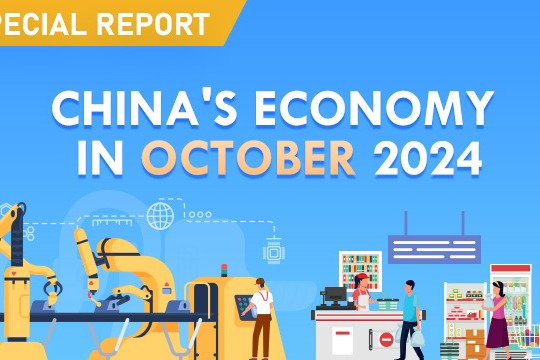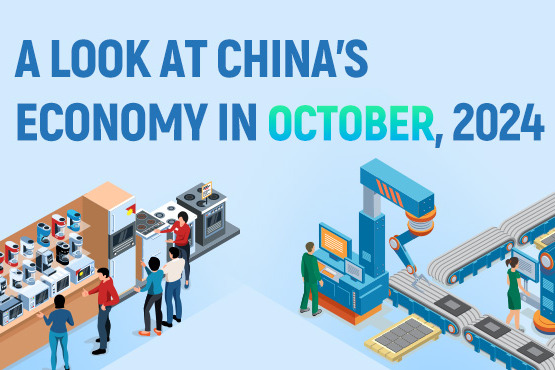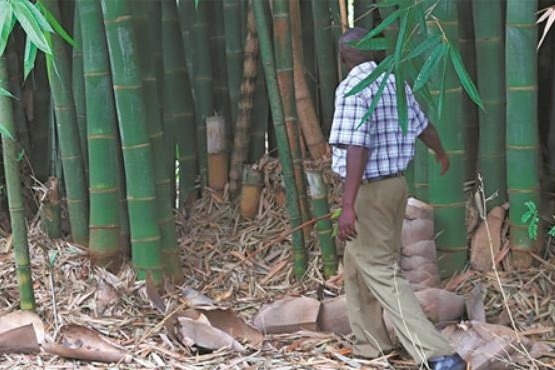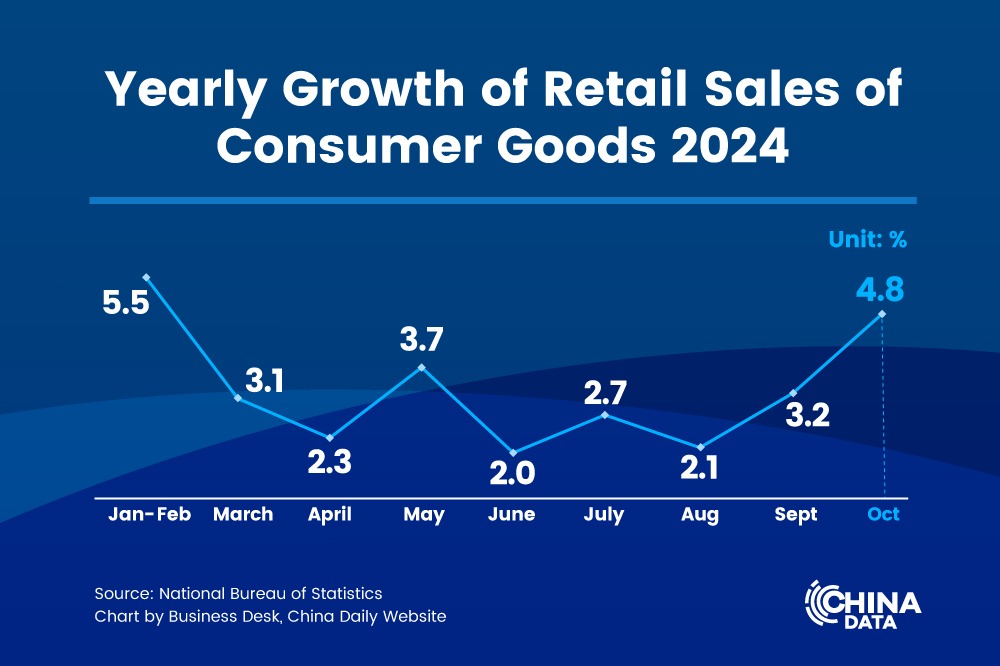Agro-products from Ethiopia to shine at CIIE

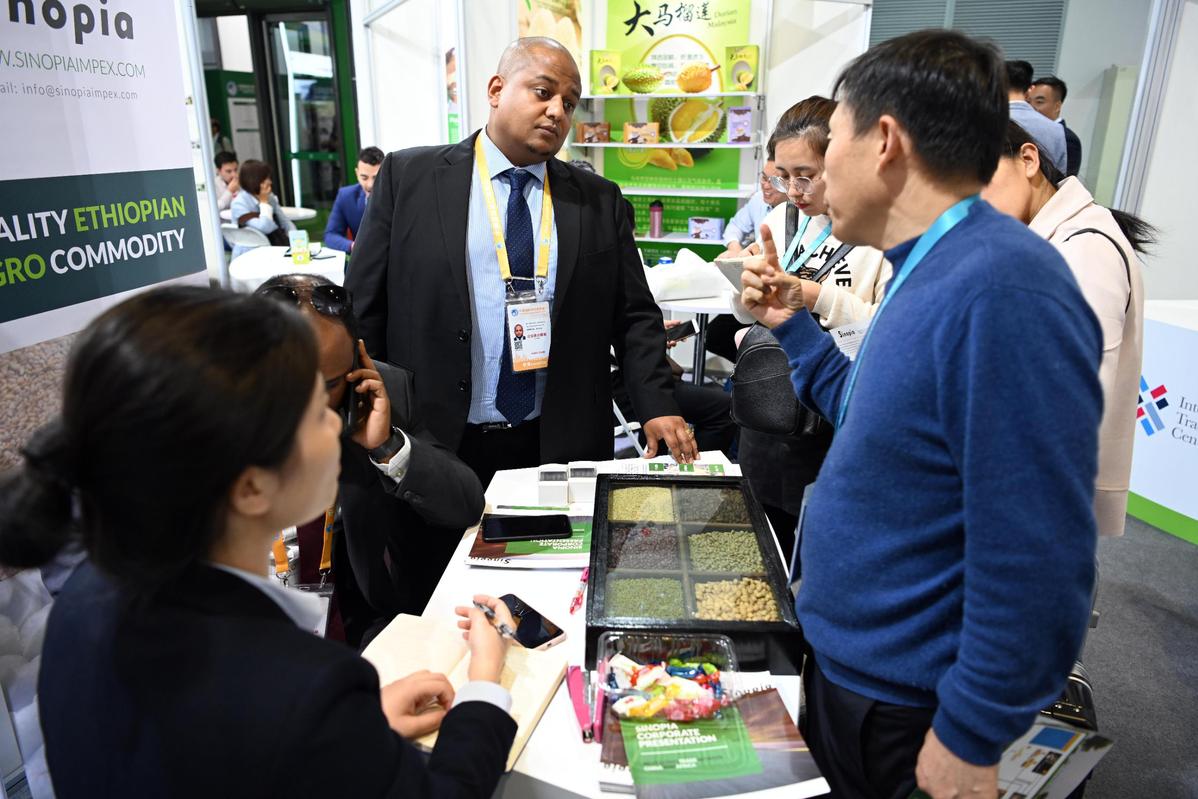
ADDIS ABABA — The upcoming fifth China International Import Expo presents huge opportunities for Ethiopia's top agricultural export commodities to achieve wider market access, said an Ethiopian agricultural products exporter.
Sisay Asmare, general manager of RIB Industrial and Commercial Plc and president of Ethiopian Pulses, Oilseeds and Spices Processors-Exporters Association, said the CIIE serves as an efficient platform to meet and forge business partnerships with potential Chinese customers.
Since 2003, RIB has been actively engaged in exporting agricultural commodities such as sesame seeds, pulses — leguminous crops that grow for food and oil — spices and other varieties of beans and oilseeds, with China serving as one of its major export destinations.
Recalling its twice-successful participation at the CIIE before the COVID-19 pandemic erupted, Asmare said the platform serves as a hotspot avenue for Ethiopian and other foreign exporters to explore and penetrate the vast Chinese market.
The fifth CIIE is scheduled to begin on Saturday and will end on Nov 10 in Shanghai. The event provides a platform for companies from around the world to display their products, promote their brands and find more business partners in the world's second-largest economy.
"We have participated at the CIIE two times, in 2018 and 2019, but since then due to the coronavirus pandemic, we did not participate. We are looking forward to participating again," Asmare said.
"We are happy because it was a very big event. The Chinese gave Ethiopia one pavilion," he said, adding that the Ethiopian pavilion at the CIIE had "attracted so many excited visitors".
Asmare said the secret to successful participation in the platform lies in effectively evaluating market demand, assessing potential customers and forging business partnerships.
"When I go there, for one, I maintain my relationship with existing customers. I visit with them and learn how they are going to apply the imports from us and how they process them so that I can take care of my products per their demands. Secondly, new customers will also come," he said.
Asmare said the platform helps to "maintain relationships, meet new customers and understand customers' needs in a face-to-face business relationship that helps to understand the business more".
He said the previous CIIE editions have successfully injected important impetus in terms of creating awareness of Ethiopia's major export commodities.
Asmare said the CIIE is a conducive platform to expedite the demand and accessibility of Ethiopia's export-oriented agricultural commodities to the wider Chinese and global market, eventually enabling the East African country to tap into its competitive advantages in the global agricultural products market.
"We can supply sesame seeds, oilseeds like peanuts, sunflower seeds, rapeseed; we also have coffee. These are becoming popular in the Chinese market. Soon, our products will be able to compete for more as the demand will also come from China," Asmare added.
Noting that the existing one-time production of Ethiopia's agricultural export commodities often affects business relations with foreign importers due to supply interruptions as exporters wait for the next production season ahead of export, Asmare said the CIIE offers constant opportunities to regularly meet new customers.
Asmare underscored the need to utilize the CIIE as a gateway to the ever-expanding Chinese market, with due emphasis given to the growing demand for Ethiopia's agricultural export commodities among the Chinese customer base.
"The Chinese market is the biggest for us in the world. It is a blessing for Ethiopians and Africans," he said.
He further underscored the two-way benefit presented by the wider Chinese market. "We can benefit by supplying them with agricultural commodities, industrial raw materials and we can also buy agro-processing factory machinery, construction machinery and other development equipment from them."
As Ethiopia's overall exports to China have grown exponentially in recent years, figures from EPOSPEA show that China has been a major destination for Ethiopia's sesame seeds in the past decade, with about 60 to 70 percent of the country's total sesame exports going to China. Between 2018 to 2021, China imported close to 282,554 metric tons of Ethiopia's sesame seeds, making it the largest importer of the commodity, said the EPOSPEA. Sesame seeds, along with coffee, are two of Ethiopia's top export commodities.
Xinhua






















